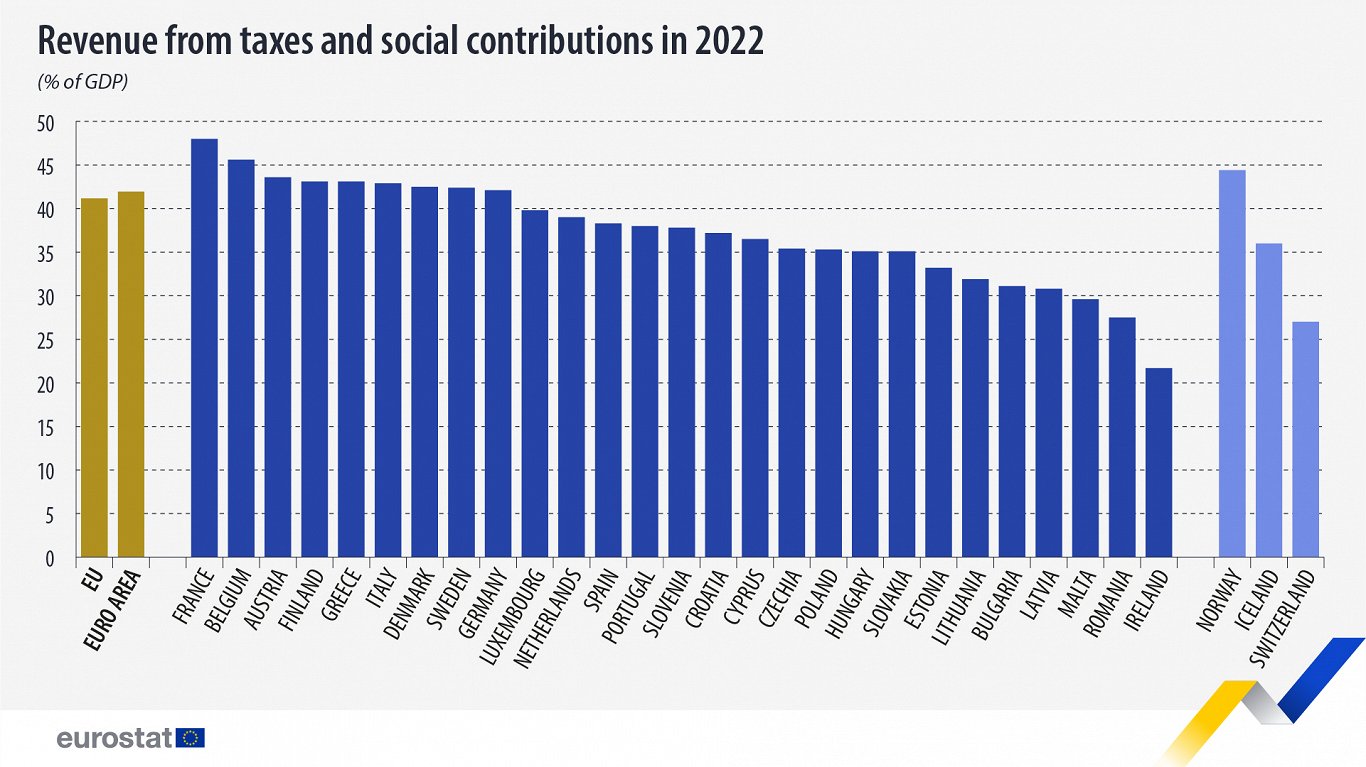Latvia, a member of the European Union, is known for its dynamic economy and progressive policies. As the financial landscape continues to evolve, Latvia has introduced significant changes to its taxation of financial services in 2025. These changes aim to modernize the tax system, improve compliance, and stimulate economic growth. This article delves into the key aspects of Latvia’s 2025 Financial Services Tax and examines the potential impacts on businesses and consumers.
Latvia’s 2025 Financial Services Tax: An Overview
In 2025, Latvia rolled out a comprehensive overhaul of its taxation framework for financial services. This reform is part of a broader EU initiative to harmonize tax regulations across member states while addressing the unique economic conditions in each country. The new tax measures focus on increasing transparency, reducing tax evasion, and ensuring that financial institutions contribute fairly to the national budget. Central to these changes is the introduction of a standardized tax rate for various financial services, including banking, insurance, and investment management.
One of the most notable features of the 2025 tax reform is the implementation of a flat tax rate on financial transactions. This flat rate replaces the previous complex tiered system, simplifying compliance for financial institutions and making it easier for the government to monitor and enforce tax collection. The flat tax rate is set at 10%, which is designed to be competitive with neighboring countries while ensuring adequate revenue generation for public services and infrastructure projects.
Additionally, the reform introduces stricter reporting requirements for financial institutions. Banks and other financial service providers must now report detailed transaction data to the Latvian tax authorities on a quarterly basis. This increased transparency aims to curb illicit financial activities and enhance the overall integrity of the financial system. The government has also established a specialized task force to oversee the implementation of these new measures and provide support to businesses during the transition period.
Key Changes and Impacts on Businesses and Consumers
The 2025 taxation changes bring several implications for businesses operating in Latvia’s financial sector. For one, the shift to a flat tax rate simplifies the tax compliance process, reducing administrative burdens and costs associated with tax filings. Financial institutions can now allocate more resources towards innovation and customer service rather than navigating complex tax regulations. However, the increased reporting requirements may initially pose challenges for smaller firms that lack the sophisticated systems needed to comply with the new standards.
For consumers, the impact of the new tax regime is multifaceted. On one hand, the increased transparency and regulatory oversight can enhance consumer confidence in the financial system, potentially leading to greater participation in banking and investment activities. On the other hand, there is a concern that financial institutions might pass on the cost of the new tax and compliance measures to customers through higher fees or reduced interest rates on deposits. The government has acknowledged these concerns and is monitoring the situation closely to ensure that consumers are not unduly burdened.
The broader economic implications of the 2025 tax reform are also significant. By creating a more transparent and efficient tax system, Latvia aims to attract foreign investment and strengthen its position as a regional financial hub. The government is optimistic that the new tax measures will foster a more competitive and resilient financial sector, capable of supporting sustainable economic growth. Nonetheless, the success of these reforms will depend on effective implementation and the ability of businesses and consumers to adapt to the new regulatory environment.
Latvia’s 2025 Financial Services Tax represents a bold step towards modernizing the country’s financial sector and aligning with broader EU tax harmonization efforts. While the new tax measures promise increased transparency and simplified compliance, they also pose challenges that businesses and consumers must navigate. As Latvia continues to implement these reforms, the true test will be in balancing the need for robust revenue generation with the goal of fostering a vibrant and inclusive financial ecosystem. The coming years will reveal the full impact of these changes on Latvia’s economy and its role in the global financial landscape.
